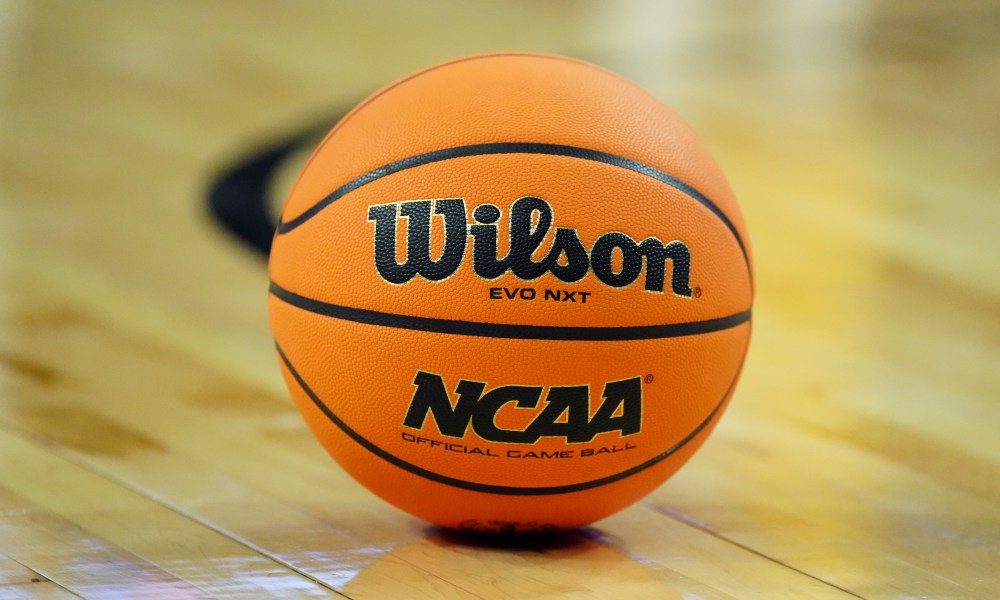
Gaming Latency Guide: What's the Ideal Speed for a Perfect Gaming Experience?
Gaming latency is the time delay between your input and the game's response, measured in milliseconds (ms). Understanding and optimizing latency is crucial for a smooth gaming experience.
Types of Latency and Their Impact
- Network latency: Delay between your device and game servers
- Input lag: Time between pressing a button and seeing the action
- Display latency: Delay caused by your monitor processing images
Optimal Latency Ranges:
- Competitive gaming: Below 20ms
- Casual gaming: Up to 50ms
- Acceptable maximum: 100ms
How Latency Affects Different Games:
- Fast-paced games (FPS, MOBAs): Require lowest latency
- Turn-based games: More tolerant of higher latency
- Racing games: Medium sensitivity to latency

Basketball auf Holzboden liegend
Factors Affecting Latency:
- Geographic distance to servers
- Internet connection quality
- Network infrastructure
- Hardware capabilities
Tips to Reduce Latency:
- Use wired connections instead of Wi-Fi
- Choose nearby game servers
- Close background applications
- Update network drivers
- Use gaming-optimized hardware

Digital roulette wheel and table
Measuring Your Latency:
- Use in-game ping displays
- Run network speed tests
- Monitor system performance tools
- Check server status regularly
Regional Considerations:
- Server location impacts baseline latency
- Different regions have varying infrastructure quality
- Consider local server options when available
The perfect gaming latency depends on your needs, but aim for under 20ms for competitive gaming and under 50ms for casual play. Regular monitoring and optimization can help maintain optimal performance.
Related Articles

Maximize Your Experience: A Guide to Online Football Betting Engagement

